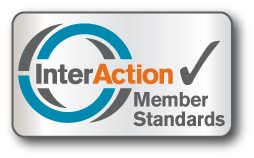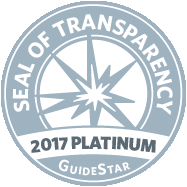Name of Project: Women’s Self Help Groups
2014 – Present
Background:
The goals of Self Help Groups are to empower impoverished women by bringing them together to share their struggles, receive financial training and learn from each other.
Participants learn to operate their own shared savings and loan program and make collective decisions about how to invest their money. By working together to manage their money, they build close-knit communities of support that can help with family issues, provide safety in times of crisis and contribute to a greater sense of belonging and empowerment among all members of the group.
Each group consists of 20 women. Initial trainings include self-help group concepts, social empowerment, financial concepts such as savings, as well as experience sharing. Groups are formed and leaders are selected, and all the while, the women are building their savings capacity and taking a more active role in their community. Additional trainings may include HIV/AIDS prevention, family planning, hygiene, advocacy and more.
According to the United Nations, the majority of people in poverty are women, who globally earn half as much as men do. When women are supported and empowered, all of society benefits. Families are healthier, children attend school, agricultural productivity improves and incomes increase. In short, communities become more resilient.
Community Involvement:
The community, including local leaders and social workers from the Women’s Affairs Office, are actively involved in identifying women from among the poorest of the poor to become members of Self Help Groups. Once enrolled, these women are empowered to lead the growth and activities of their groups. They are further strengthened by active volunteers from their communities who mentor and coach them.
Objectives:
- Increase knowledge and skills among women in Tembaro Woreda to manage savings, loans and investments for improved household security.
- Increase the number of beneficiaries living above the poverty line.
- Increase participation of poor women within household decision-making and within community level decision-making.
Outcomes:
- Provided basic training and record keeping supplies to initiate 16 Self Help Groups in 2014.
- Expanded to support 50 Self Help Groups, totaling 1,000 members, in 2015.
- Skills trainings, education, coaching and facilitation of experience-sharing visits for the Self Help Groups in partnership with local government offices.
- Twenty community volunteers recruited and actively involved in mentoring and supporting the SHGs.
- Distribution of seeds to SHGs partaking in agricultural business activities.
- Provision of mentoring and linkage with microfinance institutions as the groups increase their savings and business activities.
- Continuous technical support, strengthening and expansion of the groups to reach an association scale, enabling increased decision-making of the women in their communities.
Impact
- One of the SHG members won a special local award in recognition of her participation and achievements.
- SHG members have initiated small income generating business activities, such as one group that began an urban gardening project together.
- Groups have grown in strength, demonstrated by the growing number of participants and even self-replication of some groups.




